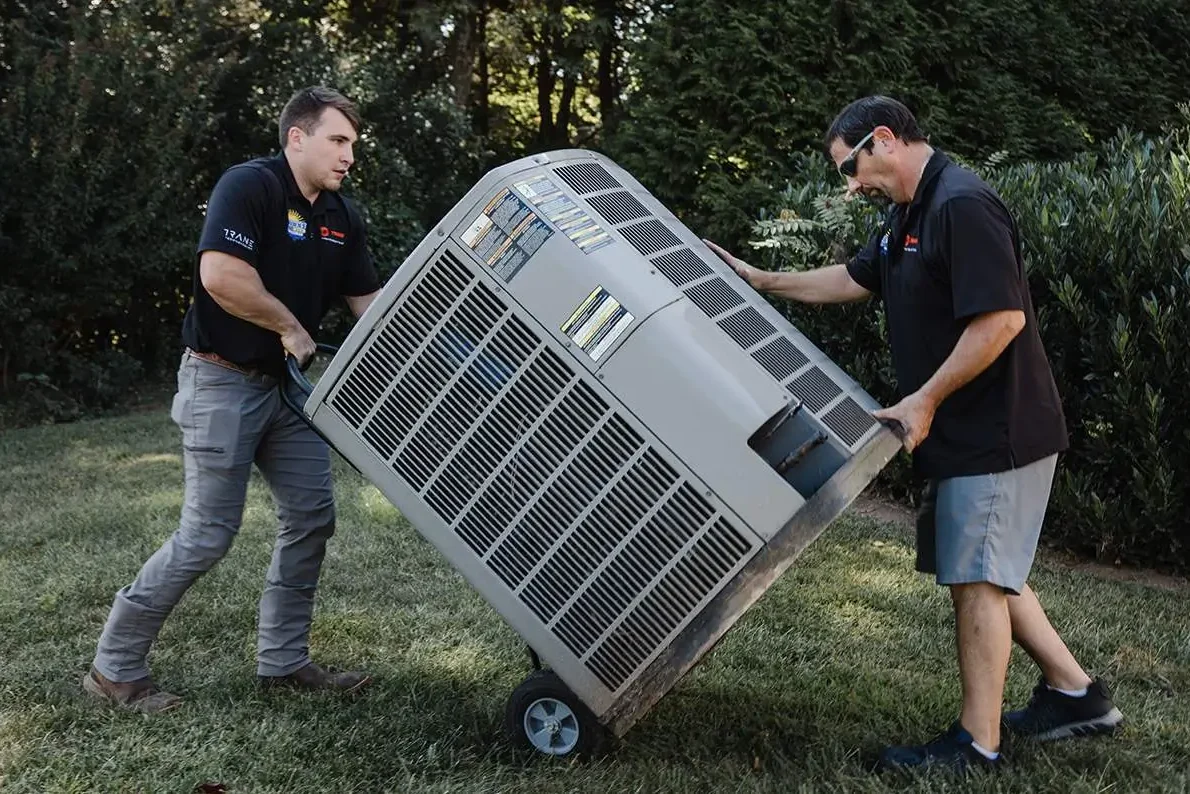HVAC Licensing
Georgia HVAC: How to get certified and licensed in GA
Table of Contents
Download the Checklist!
Whether you spend your time examining broken HVAC units or keeping track of customer records, the HVAC industry is an exciting and rewarding field. Thanks to Georgia’s climate, there is plenty of demand for talented HVAC technicians.
You can find the answers to all your questions in this guide. Keep reading to discover details on how to get your Georgia HVAC license.
Do you need a license in Georgia to become an HVAC technician?
Since 1949, all HVAC technicians in Georgia have been required to get a license. Licenses are issued by the Georgia State Construction Industry Licensing Board, Division of Conditioned Air Contractors.
What are the different types of HVAC licenses?
Here are the different types of Georgia HVAC licenses:
- Class I: This is a restricted license. It puts limits on what work a home service professional can do. Technicians can only work on cooling units of less than 60,000 BTU and heating units of less than 175,000 BTU.
- Class II: A Class II license is unrestricted. Individuals with this license can work on any type of HVAC equipment they desire.
- NATE Certification: This is not a license that Georgia requires. The North American Technical Excellence certification requires extra training and proves your skills. It also can increase your salary expectations.
- EPA Certification: Any technician handling refrigerants has to take a short exam and pass a test from the Environmental Protection Agency. Once you get this refrigeration license, you never have to renew it.
Benefits of getting an HVAC license
Getting an HVAC license in Georgia gives you access to useful information. You’ll learn about running a business and working with dangerous chemicals. Plus, most companies or private individuals will only hire people who have a license. They trust a more experienced and talented employee who knows all about repairing, maintaining, and installing HVAC units.
The average salary for HVAC professionals in Georgia
Where you live, what certifications you have (if you’re EPA- and NATE-Certified, you can typically earn more than someone with comparable experience without), and how much experience you have all contribute to your earning potential as an HVAC professional.
Hourly HVAC technicians and mechanics in Georgia can earn between $17.31 and $43.31, with an average wage of $27.38. If your employer pays overtime, or extra on nights or weekends, then you may earn more than the average.
Salaried HVAC professionals, like a field supervisor or manager, may earn an average annual salary of $77,054. The range is $51,179 to $116,013. This may or may not include bonuses. And, if you operate your own HVAC company, you could make substantially more.
How much does it cost to get an HVAC license in Georgia?
There are a few different fees involved with getting a Georgia HVAC license. You will need:
- $30 application fee to get approval for your license
- $267 fee to take the exam
- $20-$150 fee to get your EPA certification (depending on the certification you get)
- $100-$200 underwriting fee for a $10,000 surety bond
Licenses renew every two years and cost $75 to renew.
How to get an HVAC license in Georgia
The basic educational requirement for a Georgia HVAC license is a high school diploma or GED. You can choose to attend trade schools like Fortis College, Interactive College of Technology, or Lincoln College of Technology to get HVAC training, but this type of education is not required. Instead, the main requirement for a Georgia HVAC license is experience.
Class I applicants need four years of experience working with HVAC units. Class II applicants need five years of experience, including experience working with bigger heating and cooling systems, two years of installation, and two years of commercial supervisory experience.
For both classes, getting an engineering degree from a technical school can count as two years of experience, and completing a certification program can count as one year of experience.
Once you have the experience, you need to apply with the State Construction Industry Licensing Board. This application verifies that you have the right insurance and runs background checks to make sure you do not have a criminal history. After passing the application process, then you can take the Georgia HVAC licensing exam. The Georgia HVAC license exam is 100 questions, and you have seven hours to complete it. To pass, you must answer 70% of the questions correctly. The test is open book.
If you do not pass, you are free to take it as many times as necessary. All licenses need to be renewed with the licensing board every two years. Renewal costs $75, and you have to take four hours of continuing education. Georgia has reciprocity agreements with Louisiana, South Carolina, and Texas, so you can use your license to work in those states.

Other industry licenses

Other industry licenses
LEARN FROM THE PROS
Helpful content for the trades
Explore our collection of helpful articles written by top experts in their field to seasoned pros in the field. Strengthen your field service knowledge and stay current on the latest industry topics and trends.